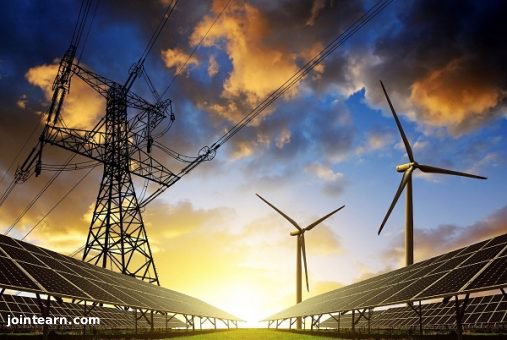
Over 8,500 energy professionals gathered in Lagos last week for the 12th edition of Nigeria Energy Week, organized by Informa Markets. Themed “Powering Nigeria Through Investment, Innovation and Partnership,” the event highlighted the urgency of translating energy policies into concrete action for Nigeria’s energy transition.
A National Platform for Progress
Welcoming participants, Ade Yesufu, Exhibition Director, Energy Portfolio – MEA, Informa Markets, emphasized the summit’s pivotal role. “For over a decade, this platform has united the most influential voices shaping Nigeria’s economic future. It is more than a conference—it is a national platform for progress, bringing together government, private investors, regulators, innovators, and global partners with one purpose: delivering reliable and sustainable power for Nigeria and Africa,” he said.
Government Commitment to Reform
Minister of Power, Adebayo Adelabu, described this year’s theme as timely, reaffirming the Federal Government’s dedication to implementing the Electricity Act 2023 and increasing private sector participation. He noted, “Nigeria stands at a historic turning point in its energy transition. The Electricity Act 2023 unlocks state-led power generation, decentralised energy markets, and enhanced private sector engagement.”
Adelabu highlighted alignment with President Bola Ahmed Tinubu’s Renewed Hope Agenda, which emphasizes economic revitalization through enterprise, innovation, and shared prosperity. He stressed that the ultimate goal is a power sector where collaboration, transparency, and innovation drive sustainable progress.
“The reforms underway are designed to attract investment while improving reliability and access across all levels of society,” he added.
State-Level Leadership in Energy Transition
Governor Babajide Sanwo-Olu of Lagos State, represented by Biodun Ogunleye, Commissioner, Lagos State Ministry of Energy and Mineral Resources, highlighted Lagos’ proactive role.
“With the passage of the Lagos State Electricity Law 2024, Lagos is poised to significantly reform and restructure its power sector. This law establishes a state-level independent system operator, regulatory oversight, and encourages private sector participation. Our vision is simple: reliable, affordable, and clean energy for every home, business, and school in Lagos,” he stated.
Collaboration, Innovation, and Investment
Throughout the summit, expert panels and leadership dialogues addressed Nigeria’s energy sector challenges, including public-private partnerships (PPPs), electricity reform, and implementation of the Electricity Act. Speakers emphasized that achieving sustainable power development requires:
- Alignment of reforms with financing and innovation
- Strong energy efficiency measures
- Coordinated policies and collaboration between federal and state agencies
- Optimizing resources to reduce losses and enhance reliability across the power value chain
The summit reinforced the core message of Nigeria Energy 2025: the path to reliable and sustainable power depends on investment, innovation, and partnership.


Leave a Reply